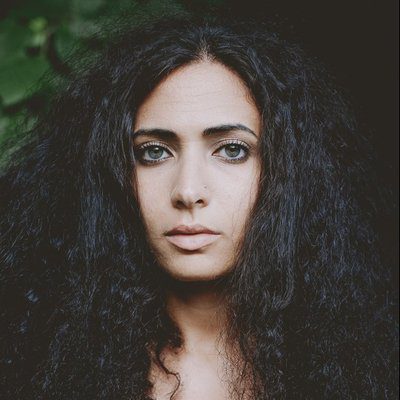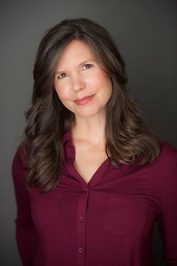By Harriet Shenkman, Ph.D.
Being a poet and an aspiring novelist myself, I was exceedingly interested in the answers our two authors, Susan Henderson and Hala Alyan, gave to the questions I posed. Susan Henderson’s new novel, The Flicker of Old Dreams, is set in America’s heartland and is said to explore “themes of resilience, redemption, and loyalty in prose as lyrical as it is powerful.” In her debut novel Salt Houses, Hala Alyan writes about how we carry our origins with us wherever we go in “the exquisite prose of a poet.” Their answers give us sharp insight into the writing process in both genres.
Which aspects of your latest novel have the most poetic qualities?
SUSAN:
I play a lot with sentence length and with punctuation to force a particular rhythm. I use repetition to build a sense of melody.
Here is the man, nothing to hide behind. No sheet or uniform
or name tag. This is the man without his possessions, with
chores left undone, with mistakes he can’t make right, with
nothing more he can prove.
I’m right here, I tell him.
It is what I have longed for my whole life. Perhaps everyone
longs for this. Just to be and to have someone stay near. He does
not complain that my hands are clammy. There is no pressure
to be charming or clever. We are simply here, together in this
quiet. (p. 21)
This is the sound of my father in his pajamas. When he takes
off his suit at the end of the day—earlier, if he can get away
with it—it’s as if the role he’s been playing falls away with the
costume. The energetic businessman rumpled on the floor. And
beneath that suit: a sweaty, slouched man, so exhausted he can’t
even make it to his bed.
This time of the evening, he sits in his recliner with a whiskey.
He likes to choose a show that’ll rile him up, shouting at
someone on the screen who can assume the blame for everything
that’s not going right in his life. All day he is polite, even-keeled.
But now he can let go. Rage. Fall apart. Things he won’t
do in public. (p. 19)

Hala Alyan
Courtesy of HalaAlyan.com
HALA:
I feel my most poetic in descriptions, particularly of landscape. My poetic hand is showed, so to speak, when I’m describing cities. As a writer of dislocation and diaspora, I’m often thinking of cultural memory and how people carry places around with them. So in writing about this family being displaced in various cities, I very much approached their relationship to loss and memory of space poetically.
Are you tempted to go back to writing poetry? Is one genre easier than the other?
SUSAN:
I’ve fallen deeply in love with novel-writing, how much freedom it gives me to go broad as well as deep, to create arcs within arcs, to venture off the main path for a while. But poetry is what trained my ear, and there’s no question that I still draw from it. That was my first playground, learning all you could do with language in a small space to waken the senses and to create music with words.
Is one easier than the other? I don’t think so. No matter the genre, you write until you’ve said what you need to say and used the words to say it best. Novel, poem, or essay—the process is one of digging deep and scribbling and crossing out and waking up in the middle of the night, believing you’ve found the magic words. In the morning, you look at those words and realize they’re not quite right, maybe not at all right, and then you are back to digging and scribbling and crossing out.
HALA:
Oh, sure! I have a new poetry collection forthcoming from the lovely Houghton Mifflin Harcourt early next year. Generally, I’m usually working on several projects at once, so that if I feel a little burnt out with one genre, I can switch to the other for a while. It helps me stay excited and bring fresh eyes to my projects.
Are mood, character, emotion, structure more prominent in one rather than the other?

Susan Henderson
Courtesy of Goodreads
SUSAN:
I often think of poetry as a sting, a kiss, a slap, a breath. The poet takes the reader to a compressed moment in time and holds her there.
One of the first poems I memorized was James Dickey’s “The Hospital Window.” In the poem, he has just come from visiting his father–“in the shape of his death still living”—and he holds us in that moment, down the elevator and crossing the street, that tight feeling in the gut, wondering if his father might have died during his short time away from him. He stops to look up at all the windows, finds his father’s, and there is the old man with his hand lifted.
Poems to me are those moment that speak volumes. A novel will certainly have those moments, but they’re a part of a larger plot, a longer journey.
HALA:
I think they shine through in different ways. Plot and structure is something I definitely pay more attention to in fiction versus poetry, just because it’s a way to help remind me to create coherent narratives with some sort of plot. I think mood and emotion probably weigh in equally in both genres, although in fiction, I have to filter it through characters and plot, whereas in poetry it can be a bit rawer. I think code-switching between genres help me focus my curiosity about intent, desire and motivation, all of which have been useful in character development.




